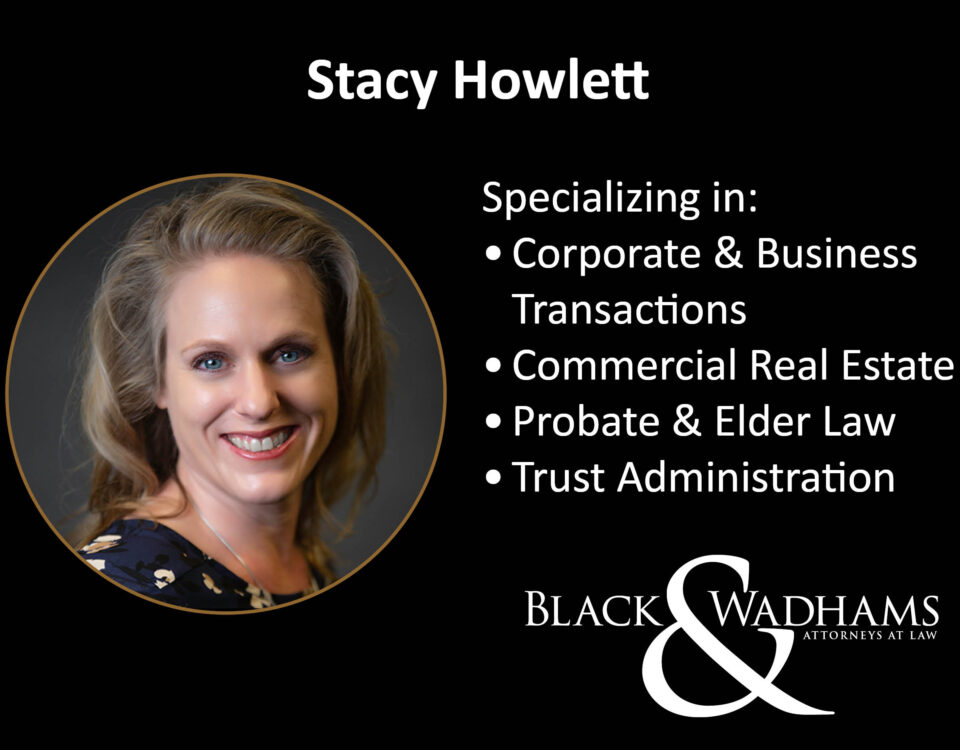 The outlook for the New Year is grim if you own a home in Las Vegas and are not paying attention to your legal rights. Likely, you are one of the two-thirds of our valley’s property owners who are in an underwater position, most being more than 50%. Since property values are expected to drop further in 2011 along with demand and ability to purchase, it seems that local property values are in a death spiral.
The outlook for the New Year is grim if you own a home in Las Vegas and are not paying attention to your legal rights. Likely, you are one of the two-thirds of our valley’s property owners who are in an underwater position, most being more than 50%. Since property values are expected to drop further in 2011 along with demand and ability to purchase, it seems that local property values are in a death spiral.
Pundits predict that nationally, 1 in every 5 mortgages could be foreclosed on in 2011. Though the foreclosure crisis has persisted for the last three years, they say we are only one-fourth of the way through the troubled loans. Using that statistic and the, until now, popular dead beat borrower argument, 20% of our home-owning population is an irresponsible sub-prime borrower who should have never bought a home in the first place! Seriously, should the blame and the cure all be loaded on the tax-paying borrower?
What about the suspicious loans that were handed out freely, the documents the originators botched or left out all together, the securitization process that created huge pools of loans to be sold to trusting investors, the fabricated foreclosure fees and documents, and the filing of hundreds of thousands of false court documents? Is this the non-paying borrowers fault as well? Will we never call these banks to participate in the foreclosure crisis that they helped to create?
One can be optimistic only in the respect that there is beginning to arise a general understanding of how the banks function and why they are not incentivized to do anything other than position borrowers for foreclosure. As an originator bank (in charge of creating and processing the loan documents and sales), as well as the servicer bank, foreclosure serves several very important purposes: 1) it hides faulty and fraudulent documentation; 2) it avoids put-backs from investors who bought the securitized loans the banks sold; and 3) it creates default servicing revenue. In reality, the bank controls the process from start to finish and therefore, has opportunities to hide and avoid liability while earning a fee to do so.
The large number of foreclosures we continue to experience in Nevada does nothing other than breed more foreclosure and loss. Foreclosures must be avoided either through mutual consent between the lender and borrower or by enforcing legal foreclosure standards. The “dead beat borrower” argument is nothing more than an easy diversion from the real problems such as banks’ reverse-engineering loan documents, “robo-signing”, deliberately pursuing improper foreclosures, and manufacturing “junk fees” that cause or add to the pain of foreclosures. To date, the banks have enjoyed the diversion.
There is a ground-swell against these practices in small and large scale. Not only have borrowers begun to voice their disgust at bank practices, states have begun to take formalized action against the biggest offenders. Attorney General Masto filed a lawsuit against Bank of America for misleading and deceptive trade practices, making Nevada the second state to take such a stand.
Our local politicians, however, cannot be the only elected officials paying clear attention to the problem. We must all face this problem head on, and those we send to Washington must not continue to have their understanding clouded by politics and pockets. There can be no hope and no change unless we pay attention and demand that every player in this crisis be held accountable for their portion of the problem.
Servicer banks have created false and faulty documents, they have foreclosed on homes improperly and without right, they have preyed on the lethargy and ignorance of consumers, and they have been caught doing so in Nevada. By uncovering deceptive practices, faulty documents, improper procedures, and other technical and obvious arguments, you may be able to modify your loan, short sale with a release of the deficient amount, or gain other favorable results. But you must be willing to get involved. We have helped many clients who are frustrated and unable reach closure.
If you are a borrower who has failed to pay, you do have rights that can and should be protected. Sitting idly by is what the banks expect from you, what do you expect of yourself?
Tisha Black Chernine, Esq.


